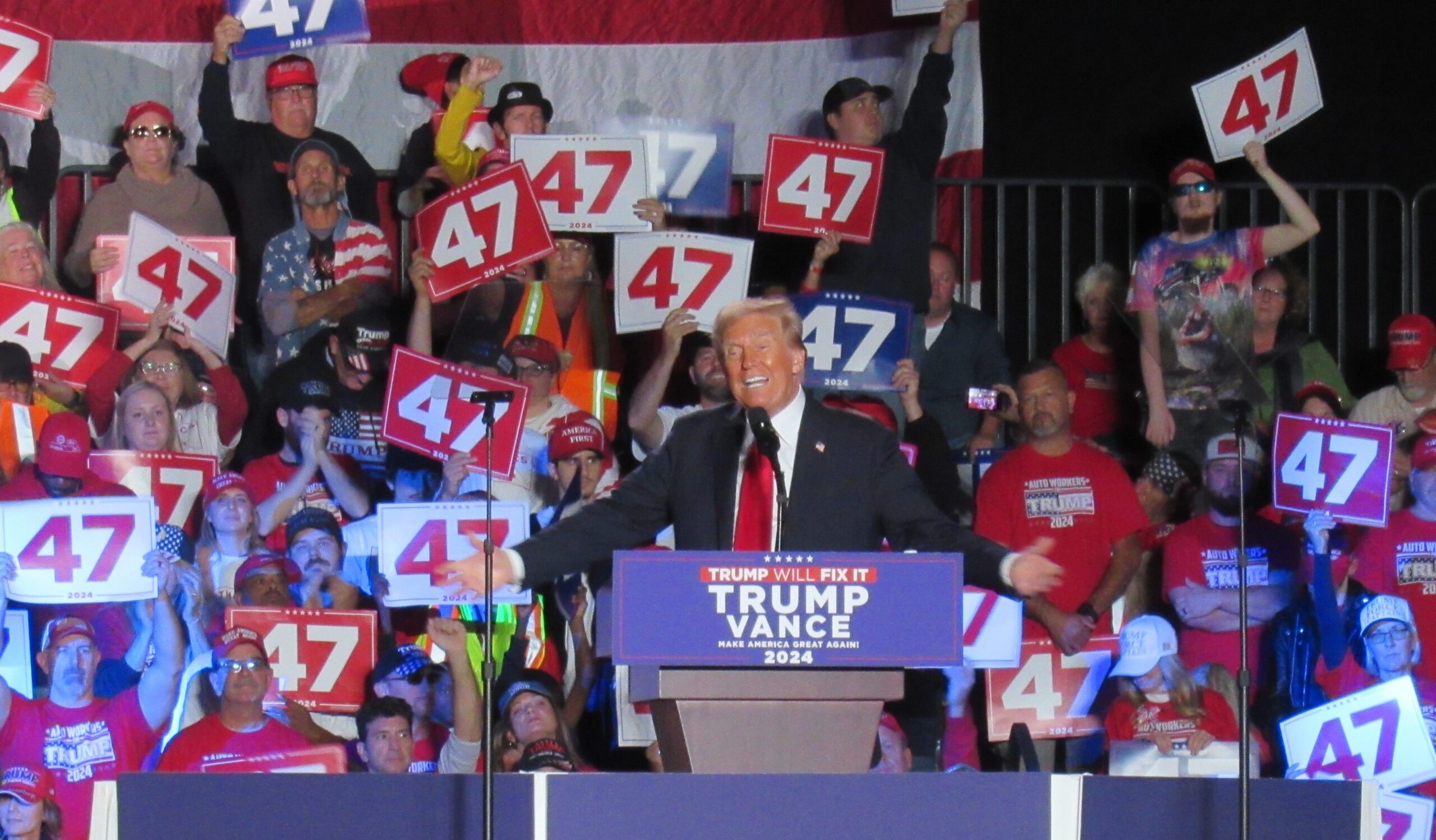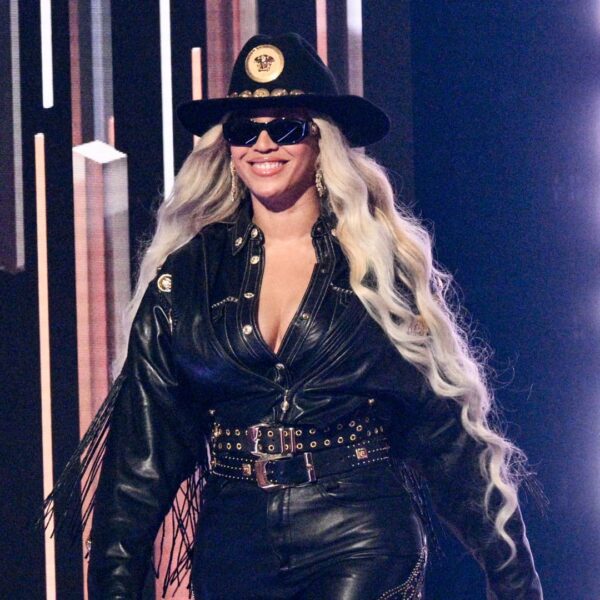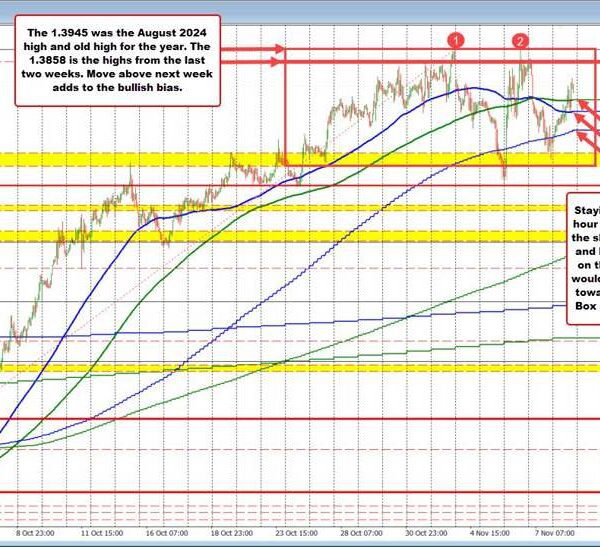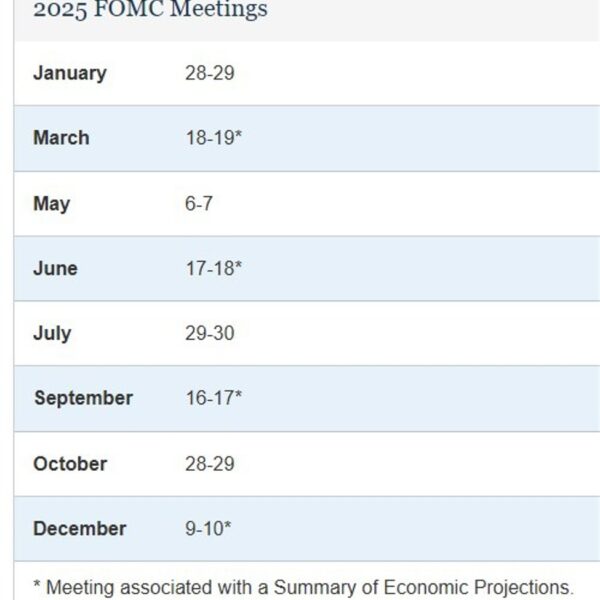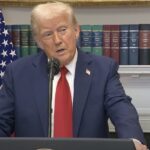

U.S. voters will head to the polls in just over 24 hours in the most important political contest in 2024’s year of elections, with Republican Donald Trump and Democrat Kamala Harris presenting very different policy agendas regarding relations between the U.S. and the rest of the world.
On Monday, Kishore Mahbubani, distinguished fellow at the National University of Singapore’s Asia Research Institute and veteran Singapore diplomat, suggested that a Democratic victory would be better for geopolitical stability.
“I hope that Kamala Harris wins,” Mahbubani said during a session with Clay Chandler, Fortune executive editor for Asia, at the Insights Forum in Singapore. “The world will be a calmer place.”
Mahbubani spent over 30 years in Singapore’s foreign service, and twice served as the Southeast Asian country’s representative at the United Nations. After stepping down from the foreign service, he served as the dean of the Lee Kuan Yew School of Public Policy at the National University of Singapore between 2004 and 2017.
A second Trump presidency will struggle with managing “the greatest structural changes to our world order in hundreds of years,” the diplomat argued.
“The last thing you want is an erratic leader like Donald Trump coming in,” he said. “Instead of trying to figure out what these massive changes are and adapting to them intelligently, he wants to drive America back to the past and make America great again without making any adjustments.”
Trump has promised to impose a broad 10-20% tariff on all goods entering the U.S. During his current presidential campaign, he’s said that he would not defend NATO allies against Russia if he deemed they had not contributed enough defense spending. He has also demanded that the island of Taiwan pay more for U.S. protection.
But ‘momentum is with Trump’
Yet Mahubani had a different view when it came to which candidate looked likely to win the election. “Momentum seems to be with [Trump],” he said.
He again warned observers against underestimating the former president. “At the end of the day, Trump is crazy but he’s not mad,” he noted. “To take the massive center of the body politic and move it so much—that takes real skill.”
U.S. polling averages show both Donald Trump and Kamala Harris with nearly equal levels of support heading into Election Day. Prediction markets on the whole give Trump a slightly larger chance to win, with odds narrowing significantly in the past few days. (Fortune previously reported that Polymarket, a major prediction market, was rife with “wash trading,” or fake trading meant to give a false impression of high activity.)
ASEAN in a U.S.-China contest
Both U.S. political parties agree on the need for new economic penalties on China. Trump has threatened to impose tariffs as high as 60% on all Chinese imports. By comparison, Democratic officials are pushing more targeted measures, including export controls and subsidies for domestic manufacturing, focused on strategic sectors like semiconductors and electric vehicles.
New Trump tariffs could slow down the Chinese economy, already struggling with a years-long property debt crisis and relatively weak consumption. Goldman Sachs economists estimate that 60% U.S. tariffs could shave two percentage points off China’s GDP growth.
Yet Mahbubani warned against “underestimating” China, pointing to Beijing’s investments in strategic industries like robotics. “All the investments that the Chinese are making today are going to pay up,” he continued.
Worsening tensions between the U.S. and China could also complicate matters for Southeast Asia, which preserves close ties with both powers. Several Southeast Asian countries are deepening their security ties with the U.S., yet China remains the region’s largest trading partner.
Southeast Asia can protect itself against these tensions if it “sticks together and works together,” Mahbubani said. The diplomat pointed to Malaysian prime minister Anwar Ibrahim and new Indonesian president Prabowo Subianto as examples of “strong” and seasoned” leaders.
“Strong leaders can provide a buffer for ASEAN in a U.S.-China contest,” he said.


